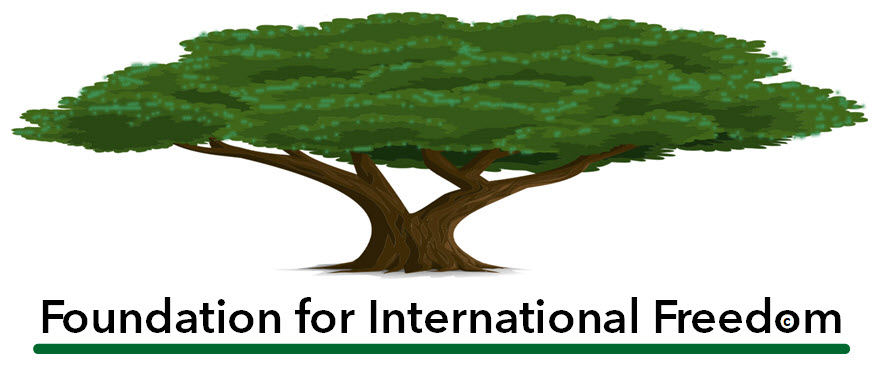The Plight of Venezuela – One Year is Enough
One year ago today Juan Guaido, President of the National Assembly, was sworn in as interim
President of Venezuela to replace Nicolas Maduro and became the legitimate head of
government. This change in leadership was immediately recognized by the United States and
about 60 other countries and the United Nations. In the UN vote, the four major countries
abstaining were Cuba, Russia, China and Iran, all autocratic countries with interests in
Venezuela and to back fellow dictators. With their support, Maduro refused to step down.
Citing the Monroe doctrine which states that the US will not tolerate the involvement of foreign
nations in the political affairs of countries in the Western Hemisphere, President Trump
promised Maduro would not stay. Over the past year the US mounted a major diplomatic and
covert effort to induce Maduro to depart peacefully, presumably with sufficient funds to live in
comfort. These efforts culminated with a plan for Maduro to board a plane from Caracas to a
friendly destination. However, Maduro did not show up. The hounds had been outfoxed.
Following the methods in the “Dictators Playbook”, as perfected by Bashar Al-Assad in Syria,
over the past year Maduro has resorted to brutal measures by his palace guard of Cuban
mercenaries and, together with financial favors to his supporters, has managed to stay in
power. Under his rule millions of citizens have fled the country to escape widespread famines,
power outages, and the deprived freedoms. A change in government would be welcomed by a
vast majority of the Venezuelan citizens including many of those who have fled the dictatorship.
In a recent interview on PBS Juan Guaido was asked why Maduro was still in power. He replied
that “Although we have ballots, they have bullets”, adding “All options are open”. This appears
to be a plea for outside military intervention. Last week he slipped out of Venezuela to meet
South American leaders and Mike Pompeo and then flew to Europe to attend the World
Economic Forum in Davos to seek support for his presidency. We hope these efforts succeed.
However, it appears unlikely that further diplomatic and financial measures will induce Maduro
to resign. When all diplomatic efforts fail, the only remaining option is an appropriate military
response as requested by Juan Guaido. The US military, preferably with support from other
South American countries, certainly has the capability to achieve this outcome. Maduro and his
Foundation for International Freedom
supporters have counted on American reluctance to use military action to displace South
American leaders. Past experience has not worked out well.
As shown in the successful drone attack that killed Iranian General Qasem Soleimani, effective
actions can be taken without the deployment of ground forces. Certainly, Nicolas Maduro is
now aware that the Trump administration will use military force when deemed appropriate.
Hopefully, that mere threat may be sufficient incentive for him to leave. If not, the specific
operations involved and authorization to proceed should be a matter of timing. One year of
Venezuelans suffering under his illegitimate rule is long enough.
Byron K. Varme
Executive Director
